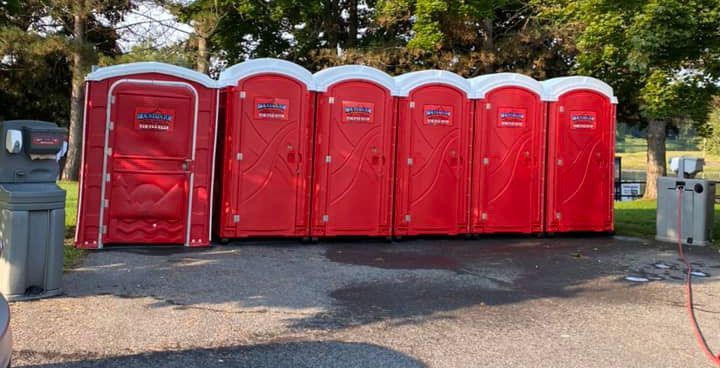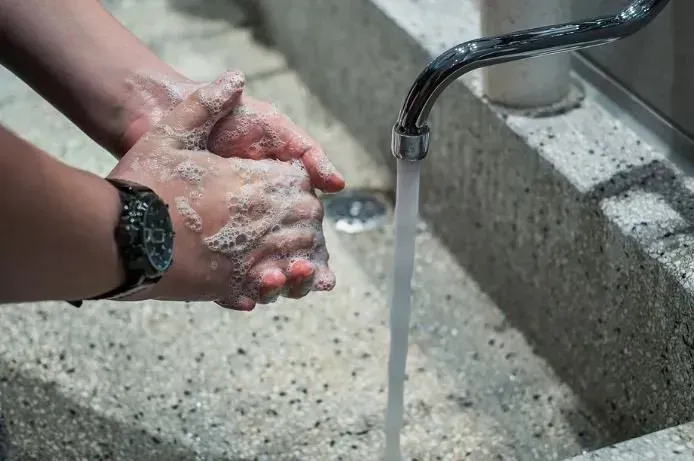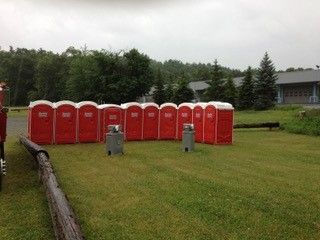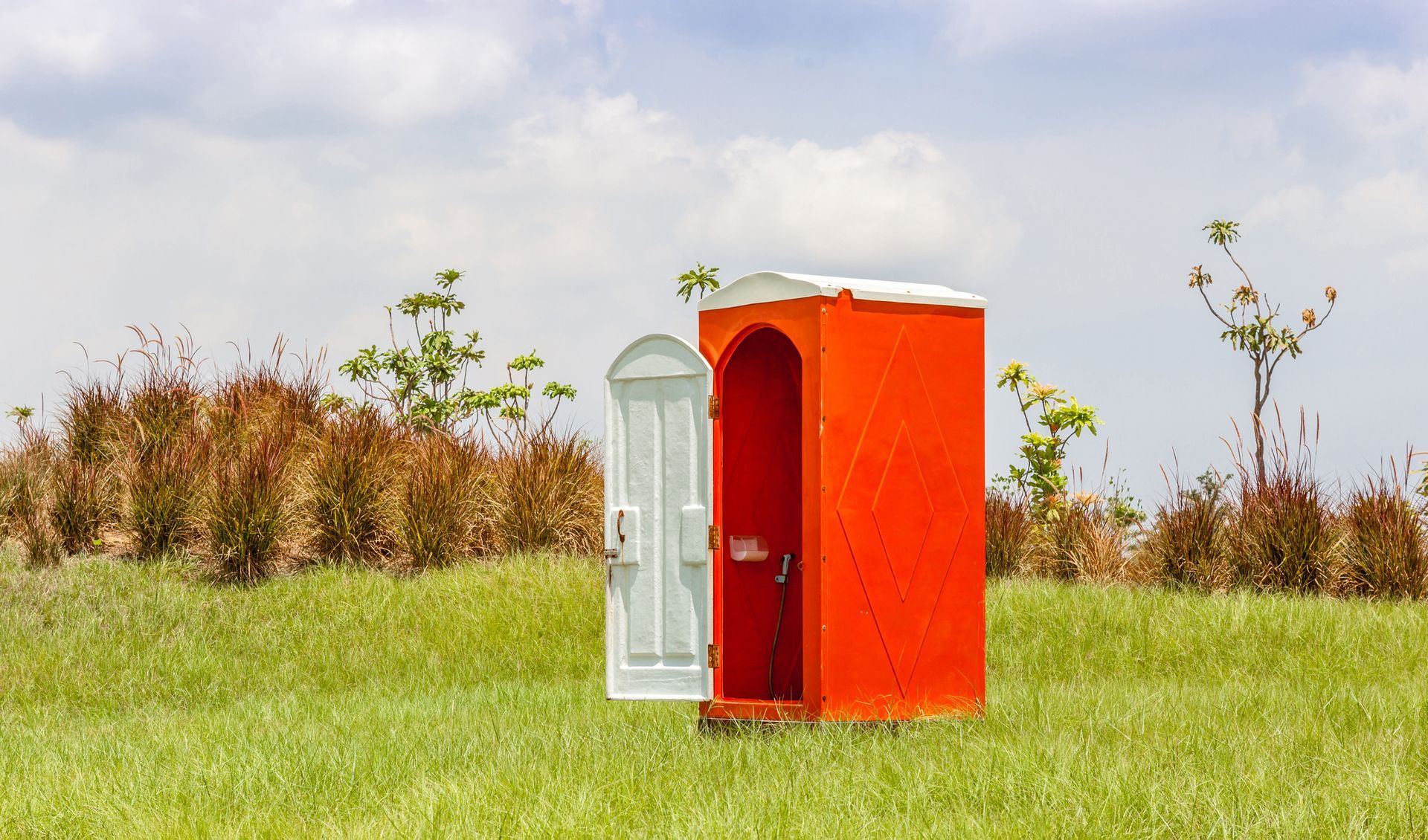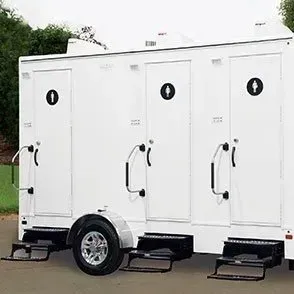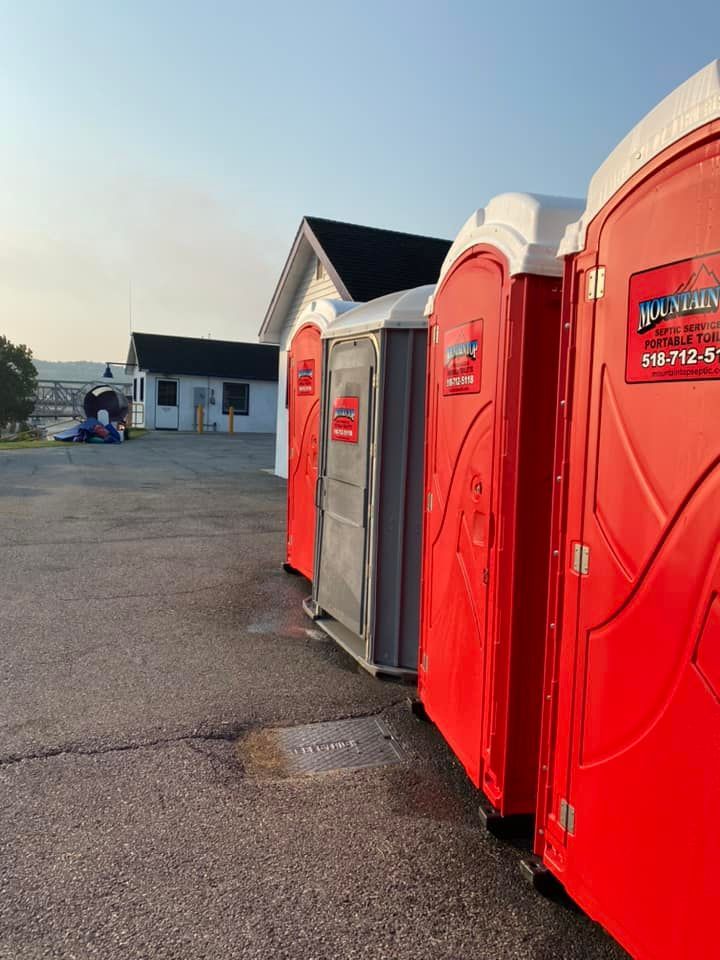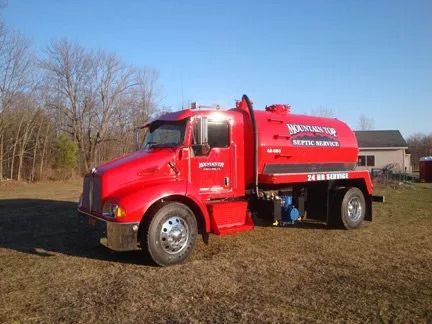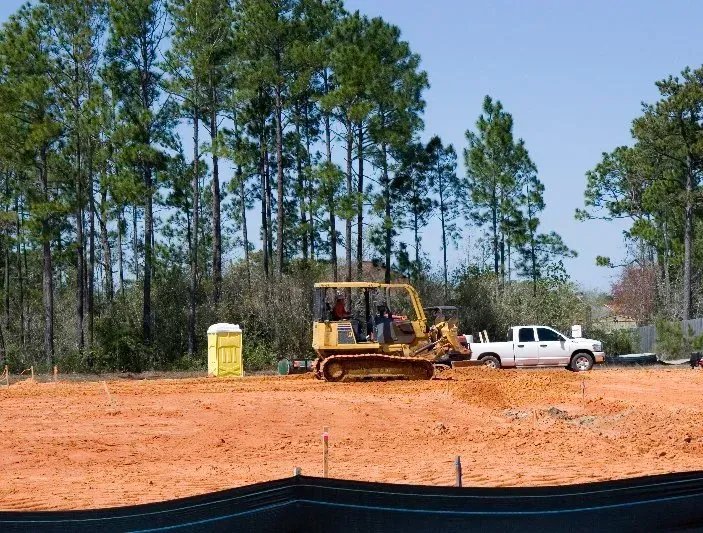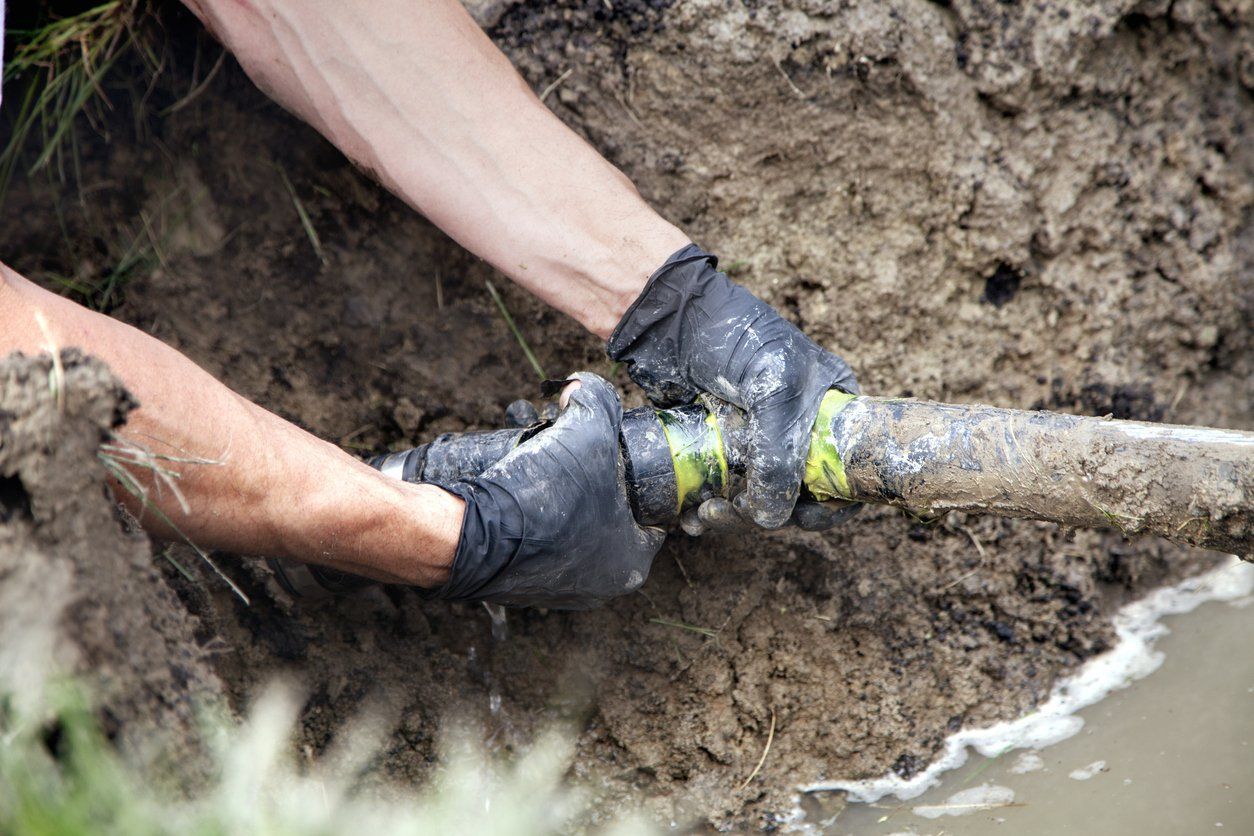Prepare Your Septic System for Winter – Essential Steps Before the Freeze
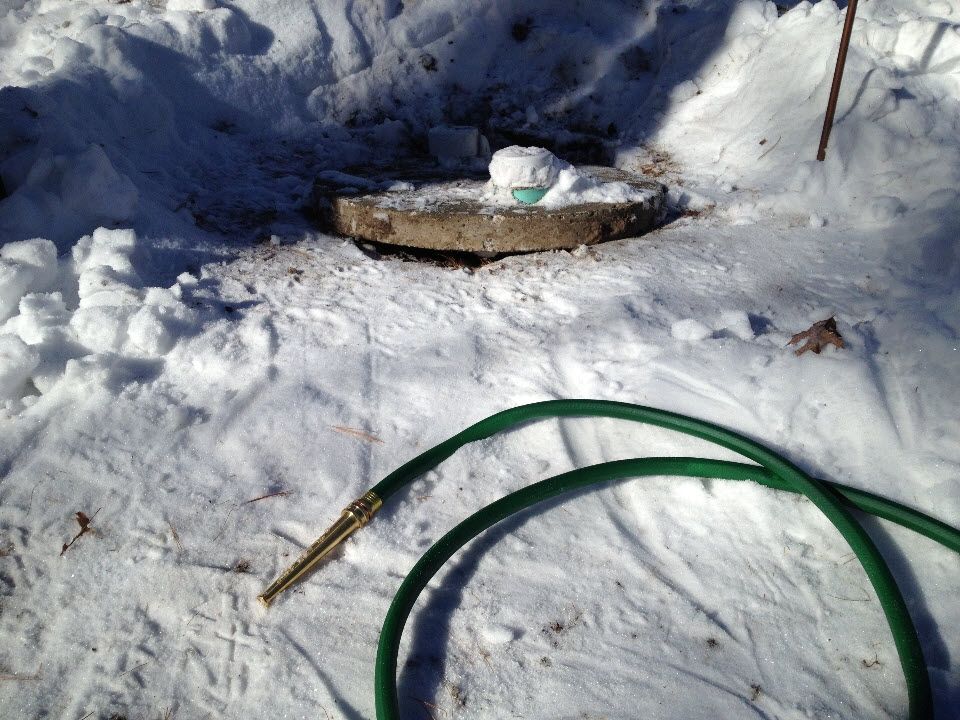
Winter in the Capital Region brings snow, ice, and freezing ground — and for many homeowners, those conditions create unique challenges for septic systems. At Mountain Top, we’ve seen how a system that’s not prepared can lead to headaches, damage, and disruption. That’s why getting your septic system ready before the first hard freeze is so important. A little preparation now means fewer surprises when the cold really sets in.
Why Winterization Matters
When your pipes, tank or drain field freeze or become sluggish, wastewater can back up — and when that happens, it’s messy, inconvenient and expensive. The buried components of your septic system may seem “out of sight, out of mind” — but in winter, they’re under real stress. As our team at Mountain Top often says: an ounce of prevention today beats a ton of repair bills tomorrow.
A properly maintained septic system protects not only your home and wallet, but the environment around it too.
Steps to Winterize Your Septic System
Here’s a practical winter-prep checklist — ideal for homeowners throughout Albany County, Rensselaer County and the surrounding areas served by Mountain Top.
Pumping Before Winter
Before the deep cold sets in, schedule a pumping of your septic tank to remove excess solids. This reduces the risk of overflow or system failure during frozen months.
Insulate the System
After pumping, cover the tank lid, riser and drain-field area with 8–12 inches of mulch, straw or grass clippings. This natural insulation helps keep ground around your system from freezing solid.
Protect the Pipes
Avoid driving vehicles, snow-mobiles or heavy equipment over your drain-field or septic lines. Soil compaction and pipe damage increase the risk of cracking or freezing. As Mountain Top serves both residential and light commercial sites, this is especially important near driveways or work zones.
Divert Runoff
Make sure gutters, downspouts and site grading direct water away from the septic tank and drain field. Saturated soil freezes faster and can overload the system.
Check for Leaks
Even a small faucet or toilet leak adds continuous water flow, which your system must treat. In winter, that extra load can trigger backups or frozen effluent. Mountain Top’s FAQ page points out how routine use impacts system health.
Common Mistakes to Avoid
- Waiting until it’s already frozen — Once the ground is frozen over, options become limited and costly.
- Using too many chemicals or “antifreeze” treatments — Many additives claim to help but can actually harm the natural bacteria your system depends on. Mountain Top warns about this.
- Ignoring warning signs — Slow drains, gurgling, odd odors or wetter patches above your drain field are signals that action is needed.
Additional Cold-Weather Tips
- Spread water use throughout the day — Don’t do all your laundry, dishes and showers back-to-back. A steady stream is easier for your system to handle.
- Run warm water periodically — This helps keep lines warm and reduces freeze-up risk.
- Avoid compacting soil over the drain field — Snow acts as an insulating blanket; avoid using that area as a parking or storage zone.
Why Hire a Professional
Choosing Mountain Top means you get:
- A full inspection by experienced technicians (tank, pipes, field) before winter.
- Expert advice tailored to the Capital Region’s soil and climate.
- Peace of mind knowing your system is ready — less worry about breakdowns in deep winter. A timely service call now can save thousands later.
Schedule Your Winterization Now
Don’t wait for the freeze to make things urgent. Schedule your winterization now with Mountain Top Portable Toilets & Septic Service.
